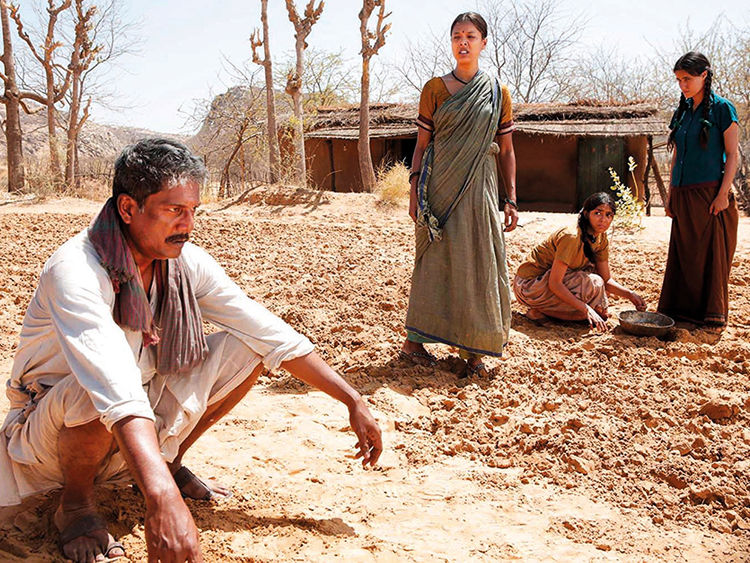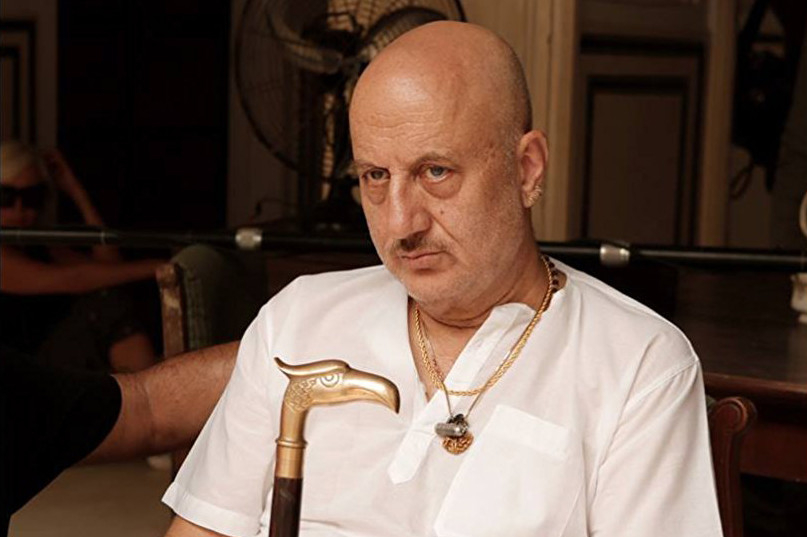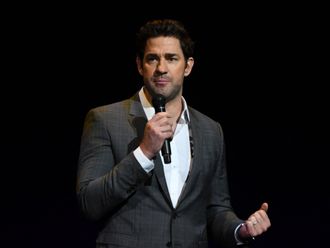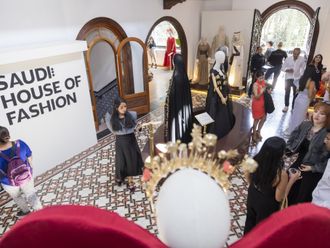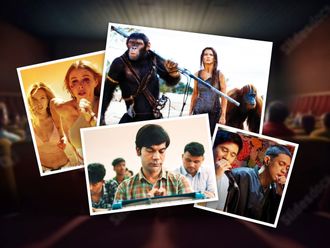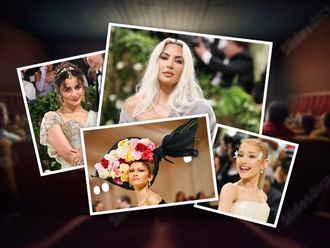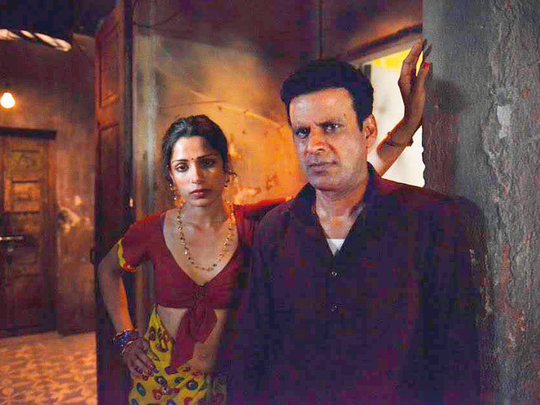
In the decade it took Tabrez Noorani to get Love Sonia made, he was leading a double life. By day, he was line producer for international titles shooting in India, including Slumdog Millionaire, Zero Dark Thirty and Life of Pi; by night he conducted raids on Mumbai brothels, rescuing women forced into sex work alongside anti-trafficking organisations. “My first raid was when I was working on Slumdog,” says Noorani, who is usually based in Los Angeles. “I would go undercover with these NGOs and we would pretend we were location-scouting.”
In fact, he was casing locations where trafficked women and underage girls were being held. Later, the police and the NGOs would go in and rescue them, with Noorani as their guide. When he went back to India to make a Hollywood movie, he would work with the NGOs as well.
Now, these two very different sides of his work have come together, in Noorani’s feature debut. Love Sonia is the story of a teenage girl (played by relative newcomer Mrunal Thakur) who travels to Mumbai to find her sister, whom their father, a farmer, has sold to a brothel to settle his debts. In the process, Sonia is herself forced into sex work. She is beaten, raped and smuggled to the other side of the world. It is a harrowing story, lifting the lid on urban poverty and grim exploitation. It is also based on real incidents which gives the drama an authentic, unforced power. And Thakur is a revelation; “Every agent in LA is interested to meet her now,” Noorani says.
She is supported by household-name Indian actors including Freida Pinto, Richa Chadha, Anupam Kher and Manoj Bajpayee. Not to mention a brief, seal-of-approval cameo from Demi Moore.
In the film, Sonia is taken from India to Hong Kong, then to Los Angeles, where she is made to work as an escort for white Americans. “I wanted to make a movie about global sex trafficking and bring it back home because it makes people uncomfortable,” Noorani says. Trafficking is estimated to be a $32 billion (Dh117.52 billion) business and it is a global one. According to figures from the International Labour Organization, 40 million people were victims of modern slavery in 2016, including nearly 5 million in forced sexual exploitation, 99 per cent of them women. “Everyone thinks it’s something that only happens in somebody else’s country, or happens far, far away,” says Noorani. “They watch the film and they realise it is down the street where they live.”
That realisation hit Noorani himself in 2002 when an aid-worker friend in Los Angeles asked him to come to the police station to help with a young woman the Los Angeles police department had found on the street. The interpreters could not communicate with her and nobody knew where she was from. Noorani realised immediately she was from South India or Sri Lanka. It emerged she had been smuggled into the US in a shipping container, having been moved around India, Nepal and Hong Kong. Four other women who made the journey with her did not survive. “I could not believe something like that could happen in LA. It was the first time I’d seen anything like that,” he says.
Noorani maintained contact with that first young woman, who was sponsored by a US family. He also became involved with the non-profit Coalition to Abolish Slavery and Trafficking (Cast) and is now a board member. That led to his undercover work in India with another anti-smuggling group, Apne Aap.
All the while, Noorani was working on his script. He met up again with women he helped rescue years later, after they had been housed in shelters and rehabilitated. “That’s when a lot of the stories came out. I would share bits of the script with them and they would read it, and they would say ‘yes’, ‘no’, they’d laugh, cry. A lot of that happened during this process.”
Mumbai-born Noorani, who went to film school in Los Angeles, is the nephew of the renowned film-maker Zafar Hai, who directed Merchant Ivory’s The Perfect Murder. But he also learnt a trick or two from the film-makers he worked with over the years. Oliver Stone gave him notes on an early draft of the script while they were making Alexander in 2004. From Danny Boyle he learnt to be detail-oriented: “He had this little notebook and wrote down every single idea that he had.” And Slumdog Millionaire brought Noorani his first cast member: Freida Pinto.
He showed her the script one day on set. “I was 22 years old,” Pinto recalls. “So it was disturbing to read a story like that, knowing it actually does happen.”
The next morning, Noorani asked her to help with a little test film. She read several parts, including Rashmi, an older sex worker who sees Sonia as both a waif-in-need and a potential rival. “Ten years later, he came back to me and asked me to be part of this film, and I was like: ‘You don’t have to ask. I want to play Rashmi.’”
No longer the wide-eyed newcomer, Pinto’s accumulation of experience now fits the character.
In the interests of authenticity, Noorani had his actors talk to sex workers and NGOs in India and hired two women who were formerly trafficked to be on set every day as consultants. Working with Cast also brought Noorani into contact with Moore. She and her ex-husband Ashton Kutcher set up their own organisation in 2009, Thorn, which combats child abuse, trafficking and pornography by working with the tech industry. Moore agreed to play the small but pivotal role of Thelma, a Cast worker. Thelma meets Sonia in Los Angeles when she is at her lowest point — alone, confused and unable to speak the language, much like the young woman Noorani first met in 2002. “I was very moved by the story,” Moore says, via email. “I was only needed for one day, which was a small ask for an opportunity to support bringing greater awareness to the global sex-trafficking trade especially that of underage girls.”
In the face of such huge, global problems, cinema seems like a weak tool, but it can play its part in changing attitudes and raising awareness. “Ninety per cent of girls who are rescued in the US, it’s because of someone who’s seen something,” says Noorani.
“Representation is everything,” says Moore. “We are seeing greater equality, diversity and acceptance in the stories we tell and with the people that tell them, in front of the camera and behind it. It’s time to take a stand and start living it, not just talk.”



